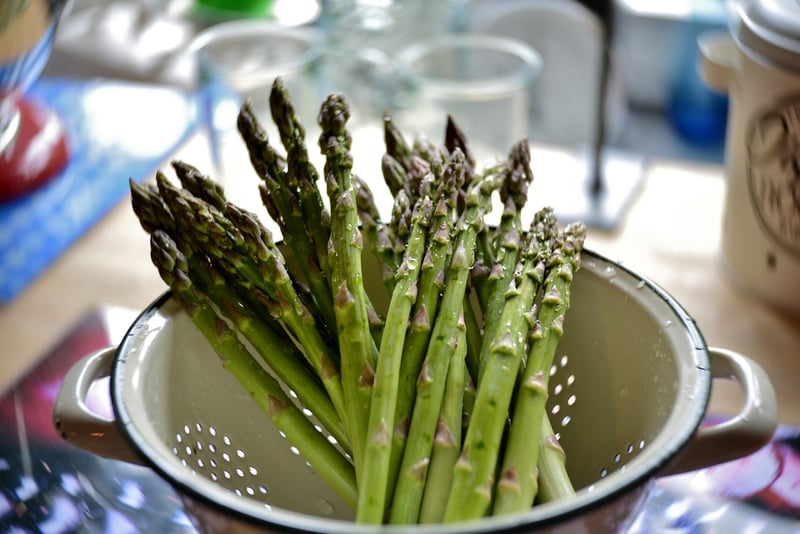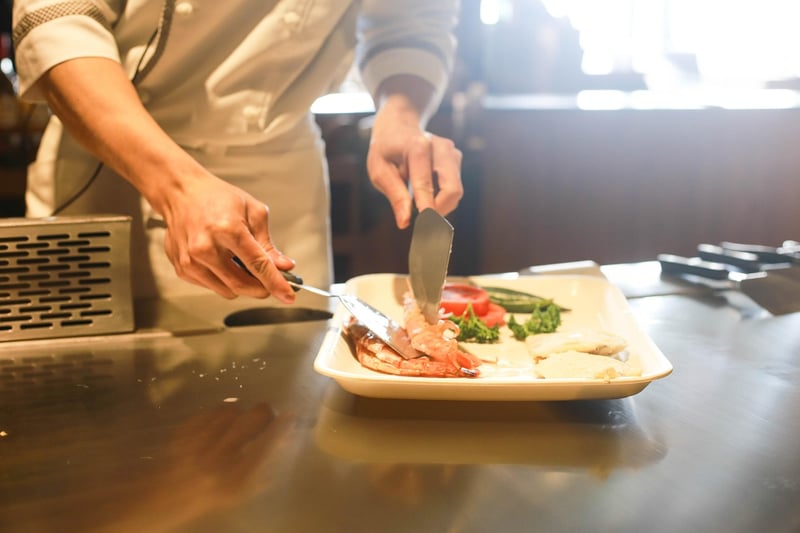Culinary Evolution
Uncover the Roots of Cuisine and Culinary Evolution
Exploring the deep history of cuisine allows us to trace the roots of our culinary traditions and understand how they have evolved over time. From ancient cooking methods to modern gastronomic trends, the journey of food and flavors is a fascinating tapestry of cultural influences and innovations.
Ancient Beginnings
Food has always been at the heart of human civilization. From the earliest hunter-gatherer societies to the complex culinary cultures of today, the way we prepare and consume food has been shaped by centuries of experimentation and adaptation.
Primitive cooking techniques such as roasting meat over an open flame or boiling roots and grains in water laid the foundation for the diverse cuisines we enjoy today. These simple methods evolved over time, influenced by trade, conquest, and cultural exchange.
Cultural Influences
As civilizations expanded and interacted with one another, culinary traditions merged and diversified. The Silk Road, for example, was not only a trade route for goods but also a highway for spices, ingredients, and cooking techniques.
Each region developed its own unique flavor profiles and cooking styles, influenced by local ingredients, climate, and cultural practices. From the fiery spices of India to the delicate flavors of Japanese cuisine, every dish tells a story of its origins.
Modern Innovations
In the modern era, culinary evolution continues at a rapid pace. Chefs around the world are pushing the boundaries of traditional cooking, experimenting with fusion cuisine, molecular gastronomy, and farm-to-table concepts.
Food has become not only a means of sustenance but also a form of art and expression. Social media and globalization have further accelerated the exchange of culinary ideas, leading to a rich tapestry of flavors and techniques that constantly evolve.
Embracing Diversity
As we uncover the roots of cuisine and witness its evolution, it is essential to celebrate the diversity of culinary traditions that enrich our global food landscape. Each dish carries the history and heritage of its creators, connecting us to our shared human experience through the universal language of food.
So, whether you are savoring a traditional family recipe or indulging in a modern gastronomic creation, remember that every bite tells a story of the past and a vision of the future of food.


